Turkish Airlines: Evaluating Entrepreneurship and Key Business Factors
VerifiedAdded on 2023/04/11
|5
|345
|349
Case Study
AI Summary
This case study examines the entrepreneurial strategies and key business factors influencing Turkish Airlines. It identifies geography, brand strength, competition, and airport expansion as critical elements. The airline leverages its strategic location in Istanbul to attract international transfer traffic and maintains a strong brand through quality service and awards. Competition from established airlines necessitates social responsibility initiatives. The upcoming airport expansion in Istanbul presents an opportunity to increase capacity and accommodate more passengers. Desklib provides access to similar case studies and solved assignments for students.
1 out of 5
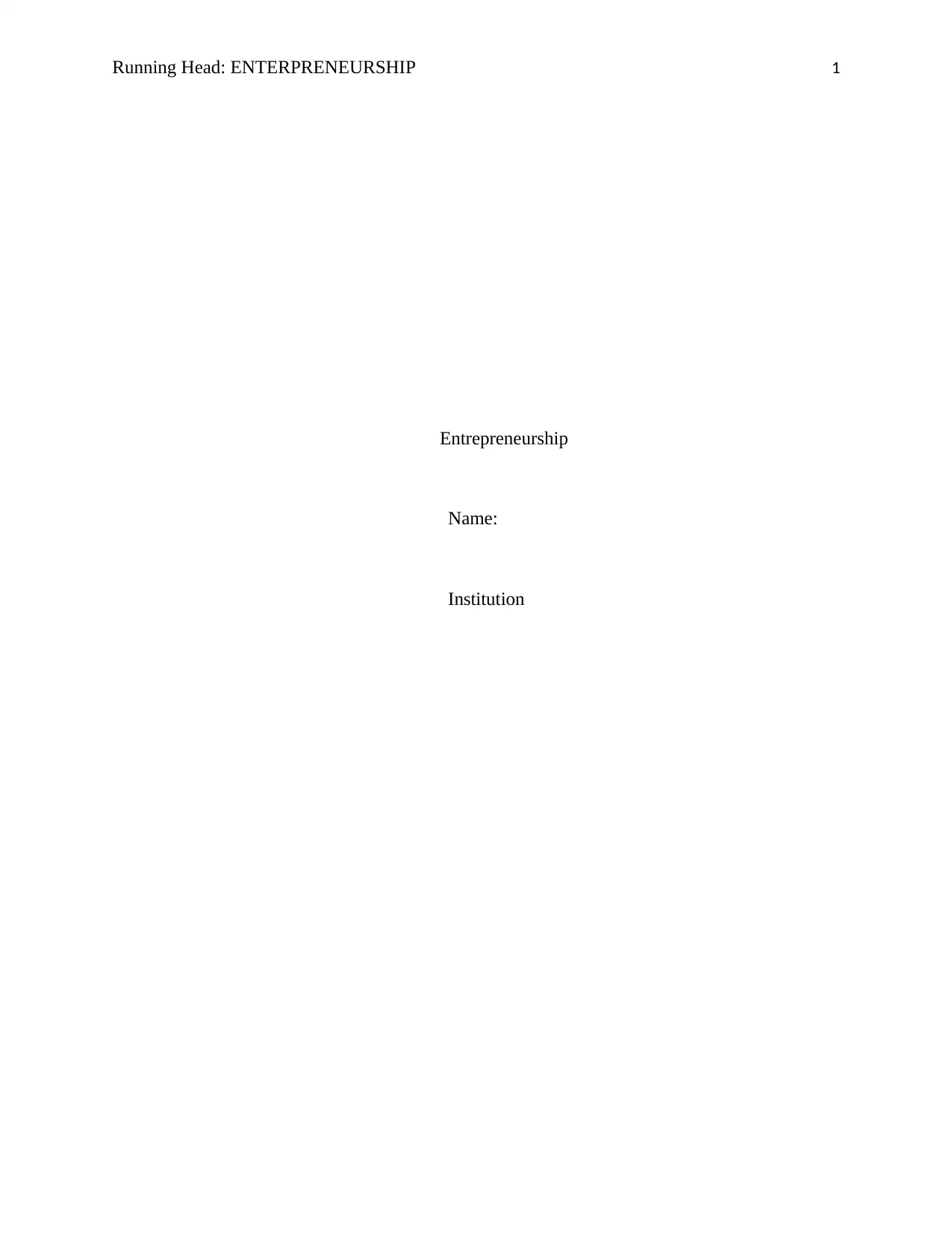
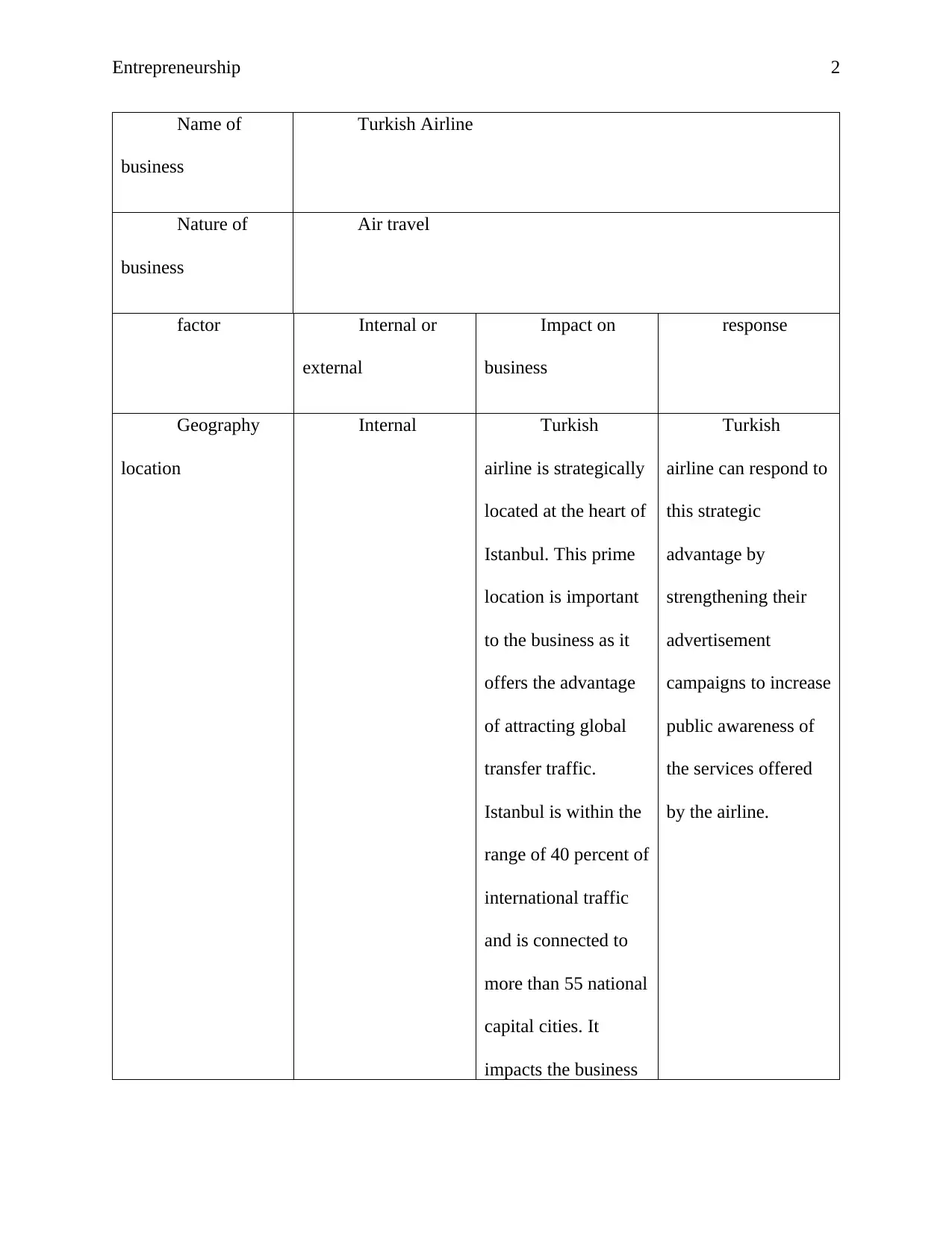
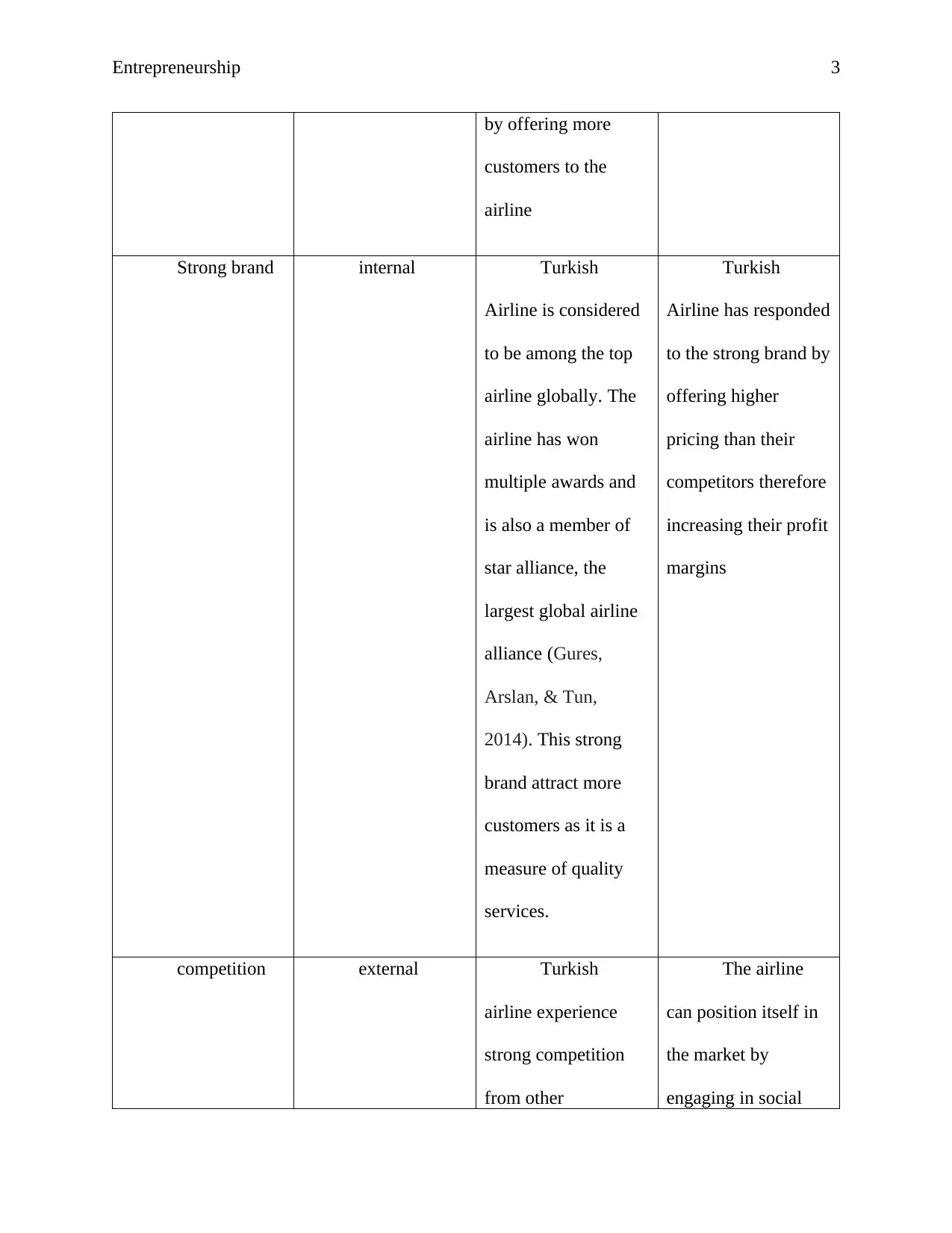

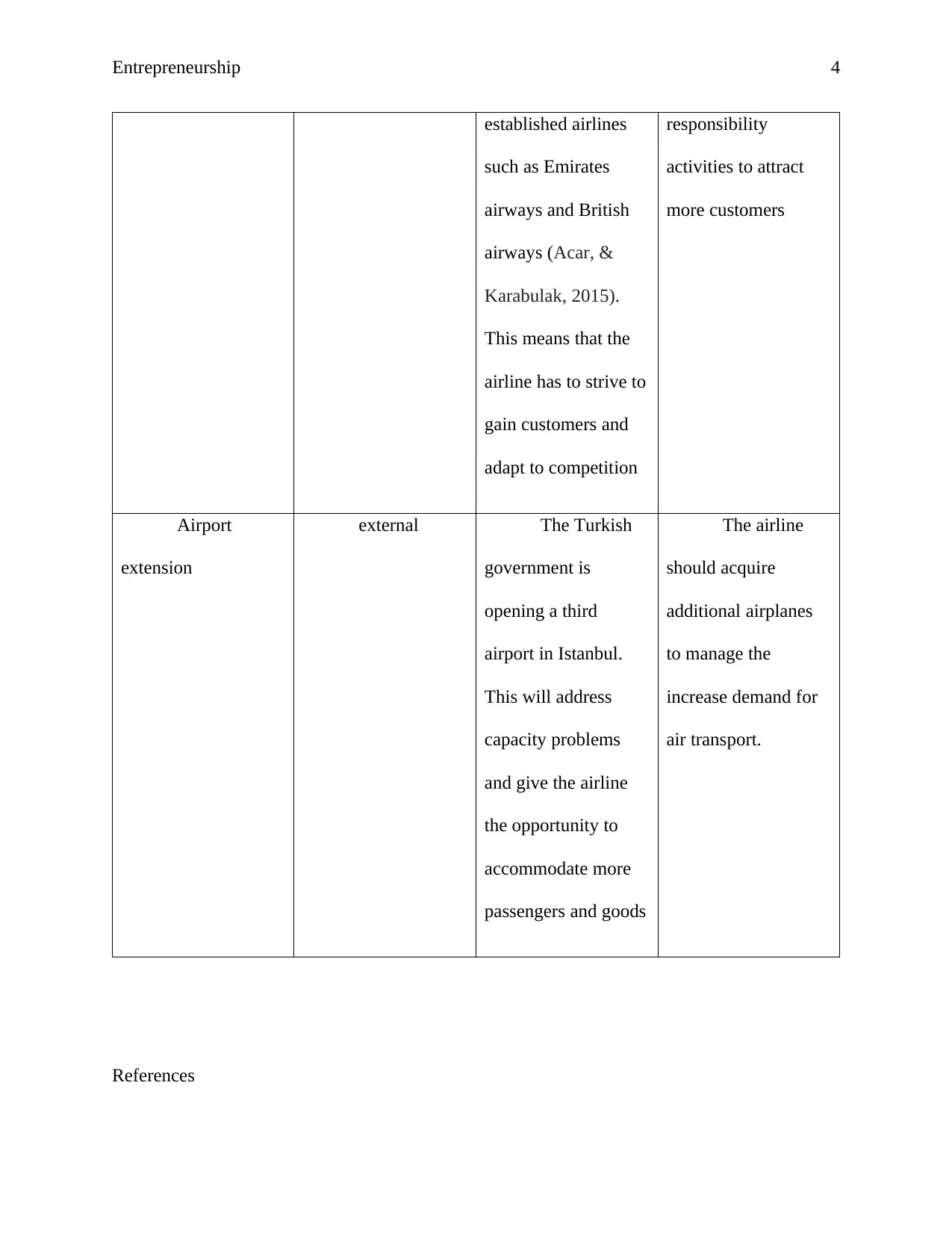
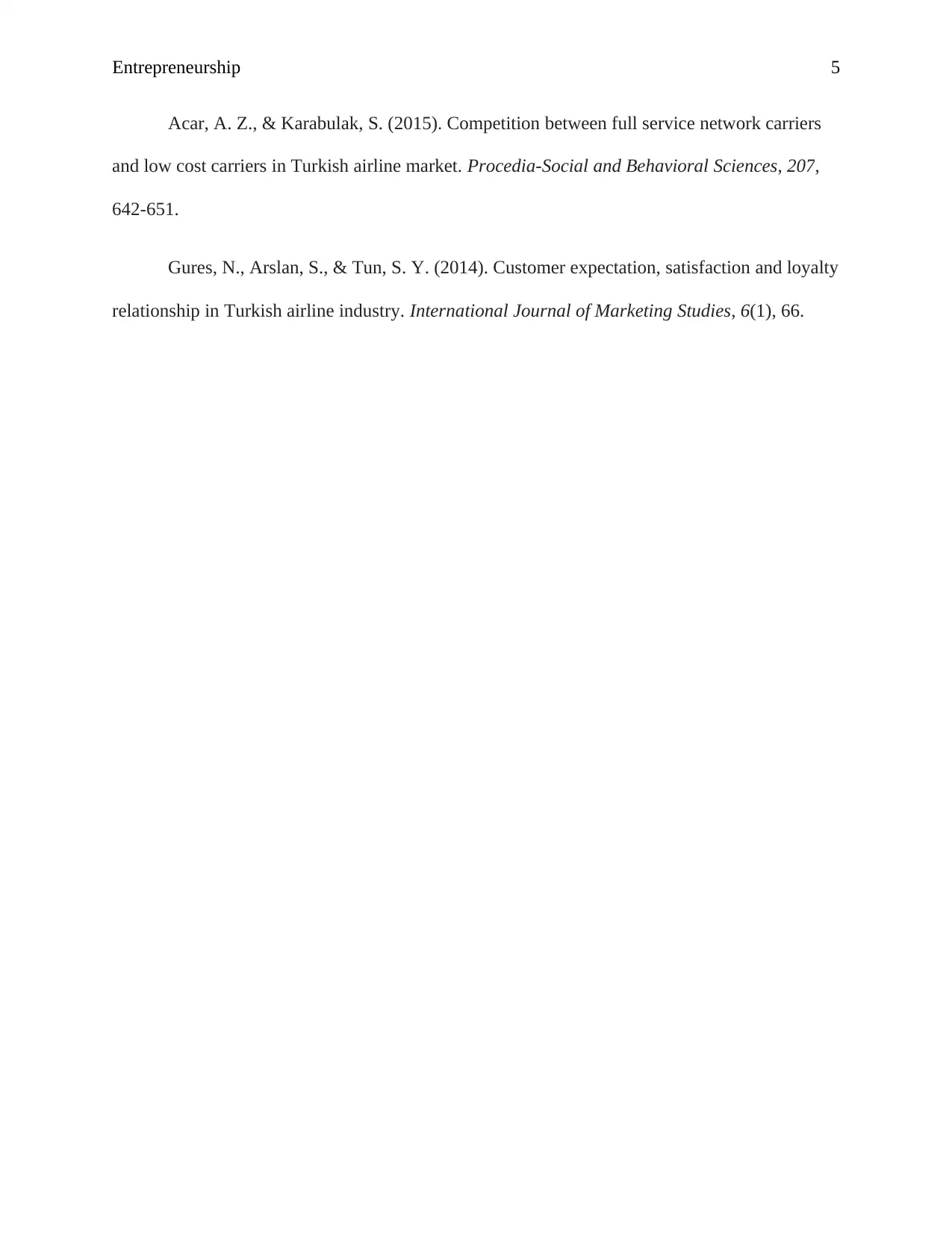





![[object Object]](/_next/static/media/star-bottom.7253800d.svg)